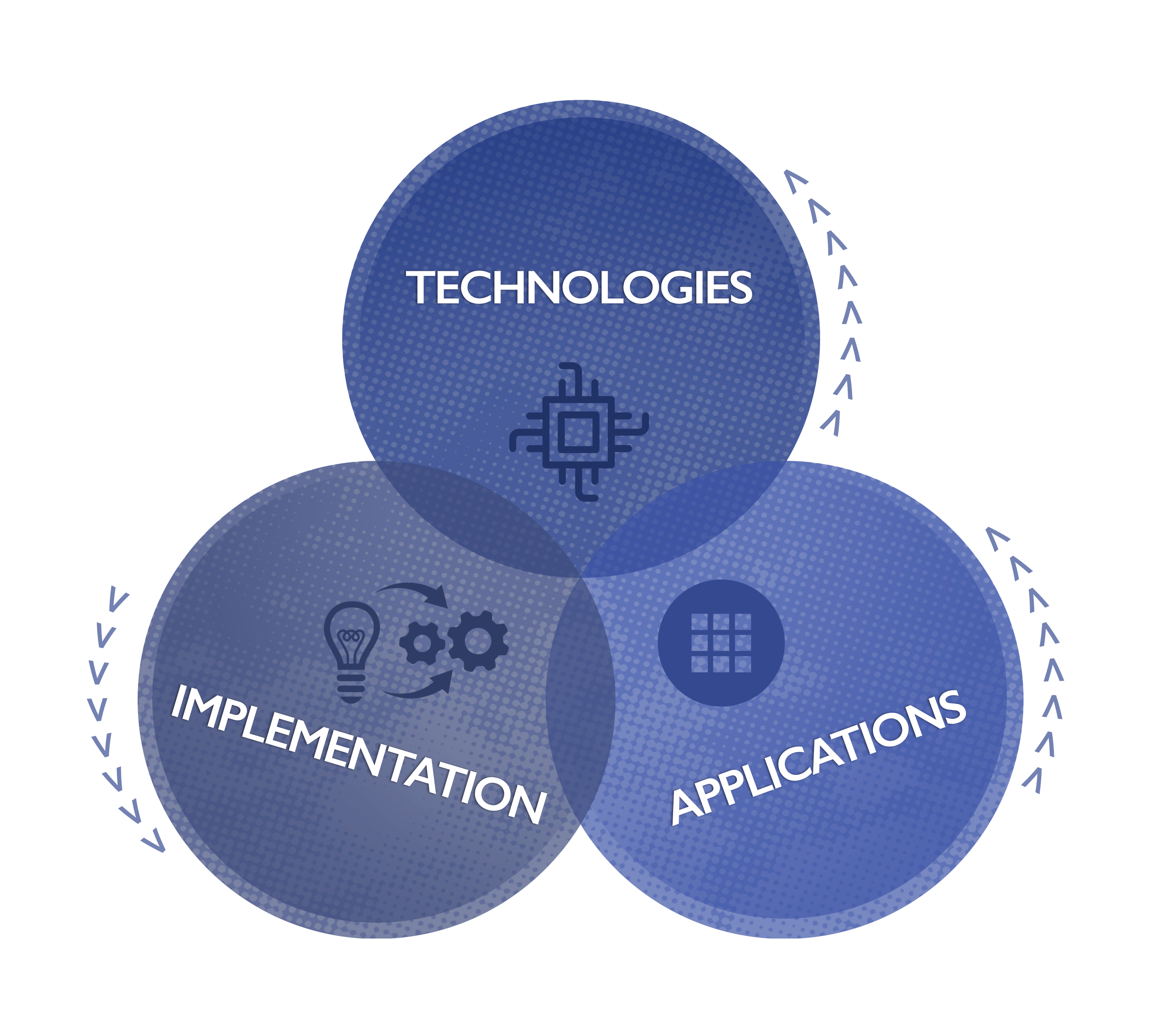The Fourth Industrial Revolution
Also known as the end of the era of human interference
The Fourth Industrial Revolution comprises of merging the physical, digital and biological worlds. Specifically, they have merged in ways that create huge promise for advancement. To illustrate, traditional manufacturing and industrial practices are now automated with modern smart technology. In brief, self-monitoring, improved machine-to-machine communication, and the advancement of tech required to analyse and resolve issues without human intervention are all components of The Fourth Industrial Revolution.
Why’s it important?
Indeed, The Industrial Revolution has and will continue to fundamentally change the way we interact, think, and work. The Fourth Industrial Revolution, on the whole, is not only about the speed at which technology is cultivated. In contrast, it’s about harnessing these technologies to promote a better, more sustainable future. Similarly, as job roles shift, so will the necessary skills to work with, and alongside, these technological advances.
Contributing technology
Here are some contributing digital technologies to The Fourth Industrial Revolution:
- Mobile devices
- Internet of things (IoT) platforms
- Location detection technologies
- Advanced human-machine interfaces
- Authentication and fraud detection
- 3D printing
- Smart sensors
- Big analytics and advanced processes
- Multilevel customer interaction and customer profiling
- Augmented reality/wearables
- On-demand availability of computer system resources
- Data visualisation and live training
What does this mean for the workforce?
New skillsets centred around automation
50% of all employees will need reskilling by 2025 according to the World Economic Forum’s Future of Jobs Report 2020. Likewise, the report suggests that there are large gaps in the skillsets required for various sectors. That is to say, businesses should adopt these advances in technology, specifically regarding advances in automation. To compete globally, companies should invest in these new skills to keep their employees up-to-date on the available tech. In addition, they will need to be ready to take on new job positions which didn’t exist prior; jobs that work with, and celebrate their automated counterparts.
The need to act now
Covid-19 has expedited the technological shifts already present within The Fourth Industrial Revolution. Indeed, new technology continues to disrupt the labour market, such as remote working and a greater reliance on technology in general. As a result, it is clear that enterprises need to act now, and consider significant investment in skills to navigate these disruptions and adapt to the changing nature of work. To clarify, transitional reskilling and skills-building takes time, meaning the faster businesses begin to reskill their workforce, the better off they will be.
Collaboration at the industry level
Collaboration between businesses and industries will be a crucial step in defining the future of work and how we respond to it. In fact, through collaboration, industries will be able to better anticipate disruptions like the challenges brought on by new technology and new ways of working. For instance, collaborating with similar businesses will support efforts to build new industry-wide skills and bolster the existing ones that are necessary to drive inclusive economic participation.
A shift in the job landscape
By 2025, new jobs will emerge and others will be displaced by a shift in the division of labour between humans and machines. In addition, as our reliance on technology changes, so will the autonomy of the technology itself; reducing the level of human involvement. To best prepare for these changes, businesses will require effective approaches for identifying the skills that will be needed in the future, delivering those skills and stimulating the delivery of large-scale skills training.
The takeaway
Businesses, and business leaders alike, will need to work together to address the challenges we face in transitioning the workforce of today to the work of tomorrow. Likewise, undergoing your digital transformation doesn’t have to be a scary, overwhelming process. It should be one that helps you embrace these technological advancements to make your work better, faster, and more streamlined.


